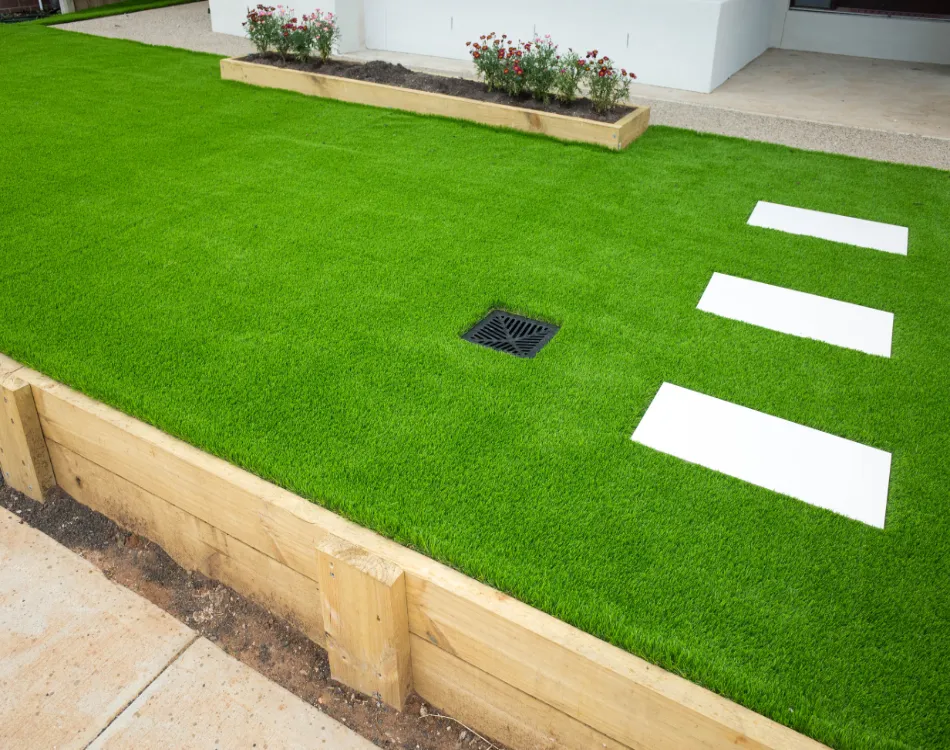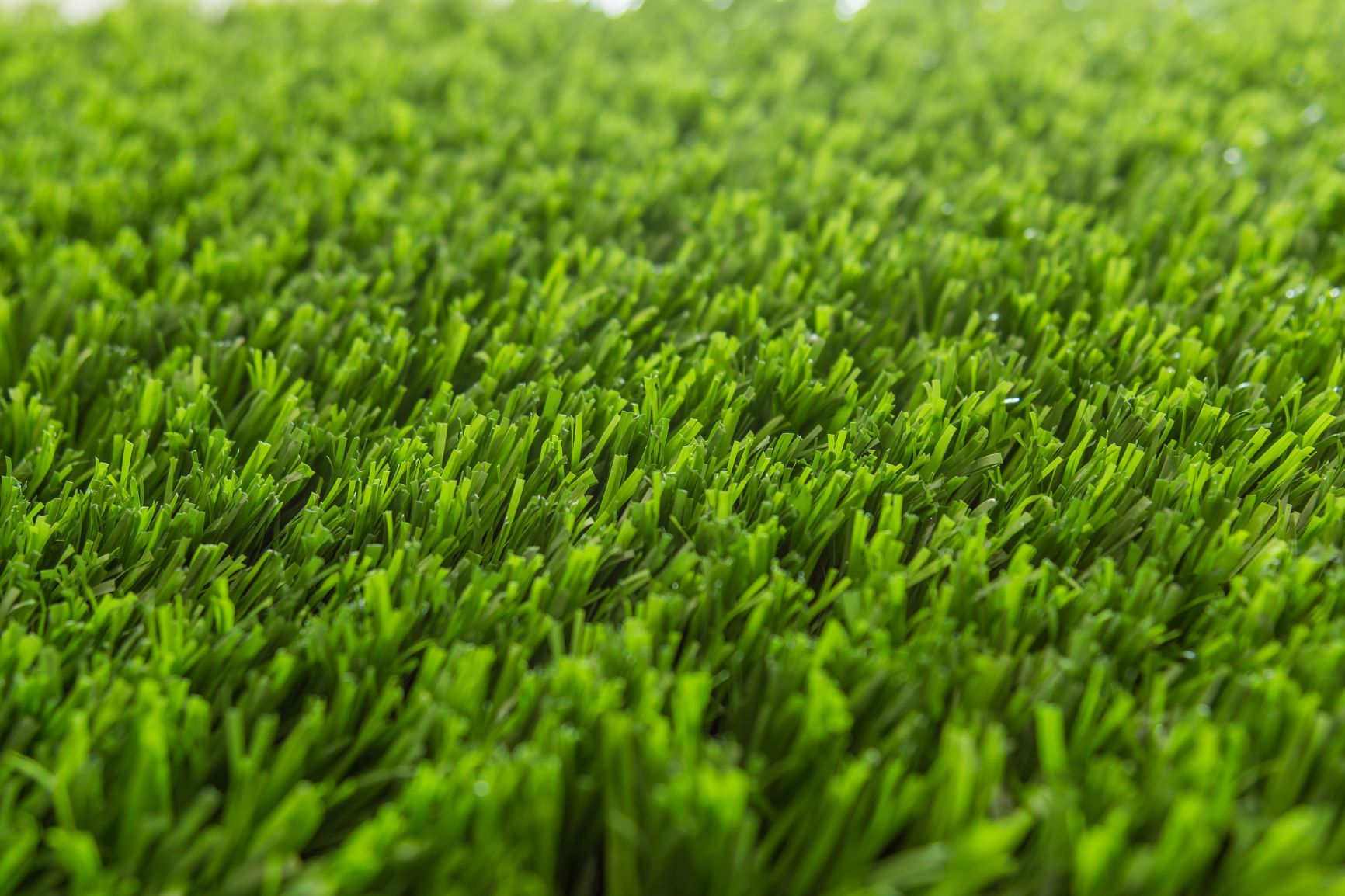Luxury Arizona Turf Installation Solutions for Residences and Businesses
Luxury Arizona Turf Installation Solutions for Residences and Businesses
Blog Article
Delve Into the Environmental Perks of Opting for Synthetic Grass Solutions
The fostering of man-made grass remedies provides a compelling opportunity to attend to pushing ecological obstacles. By significantly lowering water use and minimizing the application of dangerous chemicals, these alternatives not only advertise lasting landscape design yet additionally shield neighborhood environments.
Water Preservation Benefits
One of one of the most significant advantages of synthetic lawn is its capacity to conserve water. Typical lawn yards need substantial watering, particularly in locations prone to drought or water limitations. In comparison, man-made turf does not require watering, dramatically decreasing the general need for water resources. This function is particularly valuable in deserts where water shortage is a pressing worry.
By removing the requirement for normal watering, artificial grass contributes to lasting landscape techniques and helps mitigate the ecological effect of extreme water intake. The conservation of water prolongs to the reduction of drainage, which can lead to soil erosion and river air pollution.
Furthermore, the installment of synthetic grass enables municipalities and home owners to allot water resources a lot more successfully, concentrating on crucial uses such as drinking water and agriculture. The shift in the direction of fabricated grass not only promotes accountable water usage however also aligns with broader environmental objectives intended at maintaining natural deposits.
As areas increasingly prioritize sustainability, the water preservation advantages of synthetic grass provide a compelling case for its adoption in business and residential landscape design tasks.
Reduced Chemical Usage
The transition to synthetic grass considerably lowers the dependence on chemical therapies generally made use of in all-natural yard upkeep. Typical lawn monitoring typically includes the application of herbicides, chemicals, and plant foods to advertise growth and control bugs. These chemicals can pose dangers to human health, regional wildlife, and the setting, adding to dirt and water contamination.
In contrast, artificial grass eliminates the requirement for these hazardous compounds. Once installed, it needs marginal upkeep, primarily containing routine cleaning and seldom infill replenishment. This decrease in chemical usage not just benefits the prompt setting yet also adds to more comprehensive ecological security. By decreasing the release of artificial substances into the ecosystem, synthetic turf promotes healthier soil and water systems.
In addition, the lack of chemical runoff connected with fabricated turf setups assists secure regional rivers from air pollution, sustaining aquatic life and preserving biodiversity. Arizona artificial turf. As neighborhoods significantly prioritize sustainable practices, selecting synthetic grass provides a viable solution that aligns with environmental preservation objectives. Through this shift, homeowner can appreciate lavish eco-friendly rooms without compromising ecological wellness, paving the means for a much more lasting future
Reduced Carbon Impact

Moreover, the installment of synthetic grass can lead to considerable water preservation. All-natural grass require substantial amounts of water for irrigation, which not just includes in the carbon impact linked with water removal and treatment yet also pressures local water resources. In contrast, synthetic grass requires very little maintenance, calling for no watering, thus dramatically minimizing water usage and its associated power prices.
Additionally, the long life of synthetic grass adds to its lower carbon impact. With a life expectancy of up to click reference 15 years or more, the requirement for constant replacements is diminished, resulting in less waste and reduced energy consumption in manufacturing and disposing of typical turf options. In general, synthetic grass offers a sustainable choice for read the full info here environmentally conscious landscaping.
Environment Preservation
Habitat preservation is a vital consideration in the discussion over landscape design options, especially when contrasting synthetic grass to all-natural turf. Natural yard lawns typically need comprehensive maintenance, including the use of plant foods, herbicides, and pesticides, which can adversely affect regional environments. These chemicals can seep right into the soil and rivers, hurting indigenous vegetation and animals and interfering with regional habitats.
Synthetic lawn gets rid of the requirement for damaging chemicals, thereby protecting nearby wildlife and maintaining the integrity of bordering environments. The installment of man-made grass can lead to the conversion of former lawn areas right into even more biodiverse landscapes, such as pollinator yards or indigenous plant areas, which can sustain local wild animals.
Inevitably, the transition to synthetic grass not just saves water and decreases upkeep initiatives however additionally cultivates a more harmonious relationship in between human activities and the natural surroundings, promoting environment preservation while doing so.
Long-Term Sustainability
Long-term sustainability is an essential consider examining the advantages of fabricated grass over traditional grass yards. Among the most substantial advantages of synthetic grass is its durability; it can last approximately 15-20 years with very little maintenance, whereas all-natural turf calls for frequent reseeding and substitute. This long life minimizes the demand for constant sources, such as water, plant foods, and pesticides, which are necessary for preserving a healthy yard lawn.
In addition, synthetic grass adds to a decrease in carbon exhausts connected with grass treatment equipment. Traditional lawns commonly need gas-powered mowers, leaners, and blowers, every one of which contribute to air contamination. Turf installation phoenix az. On the other hand, synthetic grass removes the demand for such tools, promoting a cleaner environment
Moreover, the production of fabricated grass significantly utilizes recycled materials, enhancing its sustainability account. As manufacturers embrace green techniques, the environmental footprint of synthetic lawn proceeds to decrease.

Final Thought
The fostering of synthetic grass solutions offers substantial ecological benefits, including considerable water conservation, lowered dependence on damaging chemicals, and a lower carbon footprint. Synthetic turf help in maintaining all-natural habitats by minimizing land disruption and promoting long-lasting sustainability through the usage of long lasting products. Collectively, these elements highlight the capacity of fabricated lawn to contribute favorably to environmental health and provide a viable alternative to conventional landscaping methods in a progressively resource-conscious world.
In comparison, man-made grass does not require watering, dramatically minimizing the general need for water resources. By lessening the release of artificial compounds right into the environment, man-made turf promotes much healthier dirt and water systems.
In addition, the installment of artificial turf can result in substantial water conservation. In contrast, synthetic lawn needs very little upkeep, requiring no watering, thus considerably lowering water use and its connected power costs.

Report this page